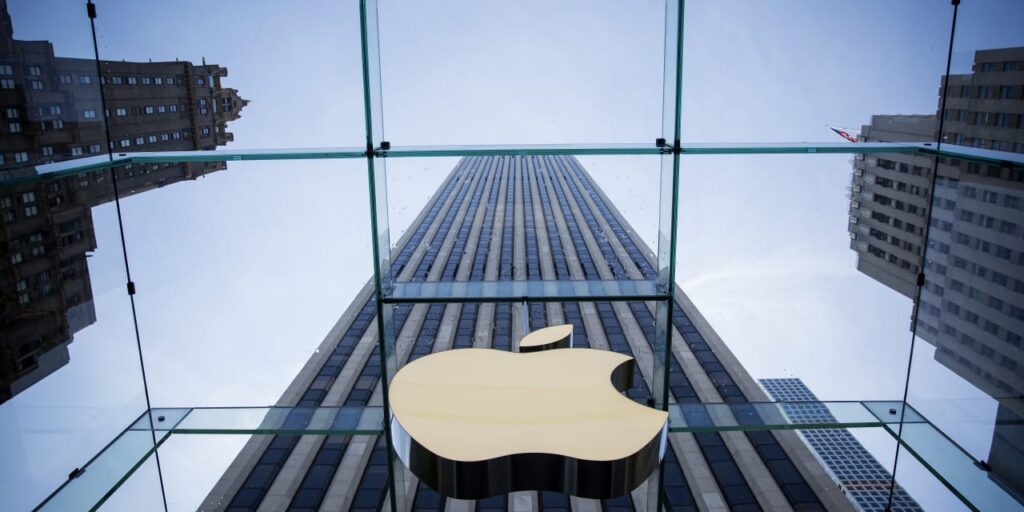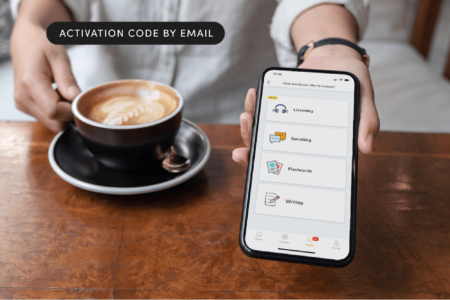Responding to a set of new regulations governing e-commerce in the European Union,
Apple
reluctantly is making a series of sweeping changes for developers that affects its iOS operating system for the iPhone, the Safari browser and the App Store.
Apple’s moves are in response to the Digital Markets Act, a European law intended to prevent large digital platforms from abusing their role as a gatekeeper to digital goods and services. In preparation for new rules that go into effect on March 7, Apple set the stage for the creation of third-party app marketplaces, and laid the groundwork for software developers to accept payment platforms that compete with Apple.
Both iPhone and iPad users will now have the option to use alternative app stores to download software, while service providers will be able to choose non-Apple payment methods in their apps. People who buy new devices will soon see a choice screen asking them to pick their preferred browser, whether Safari or a competitor like Google Chrome.
Apple made it crystal clear that it’s only making these changes because it has no other choice, warning that “the new options for processing payments and downloading apps on iOS open new avenues for malware, fraud and scams, illicit and harmful content, and other privacy and security threats.”
Apple said it is launching “more than 600 new APIs [application programming interfaces], expanded app analytics, functionality for alternative browser engines, and options for processing app payments and distributing iOS apps.” The company said it is taking new safeguards that “reduce—but don’t eliminate” new risks to users from the more open approach to online transactions required by the law.
“The changes we’re announcing today comply with the Digital Markets Act’s requirements in the European Union, while helping to protect EU users from the unavoidable increased privacy and security threats this regulation brings. Our priority remains creating the best, most secure possible experience for our users in the EU and around the world,” Phil Schiller, Apple Fellow, said in a statement. “Developers can now learn about the new tools and terms available for alternative app distribution and alternative payment processing, new capabilities for alternative browser engines and contactless payments, and more. Importantly, developers can choose to remain on the same business terms in place today if they prefer.”
Apple added that it plans to offer EU users new resources to navigate the changes, which it says brings “a less intuitive user experience” and to outline “best practices for approaching new risks associated with downloading apps and processing payments outside of the App Store.”
Seeking to maintain control of its platform, Apple intends to install a new system it calls “notarization” for iOS apps that will require both automated and human checks on new applications, regardless of their distribution channel. The company is also creating an “authorization” process for marketplace developers that it says will protect both users and software developers.
Write to Eric J. Savitz at eric.savitz@barrons.com
Read the full article here












